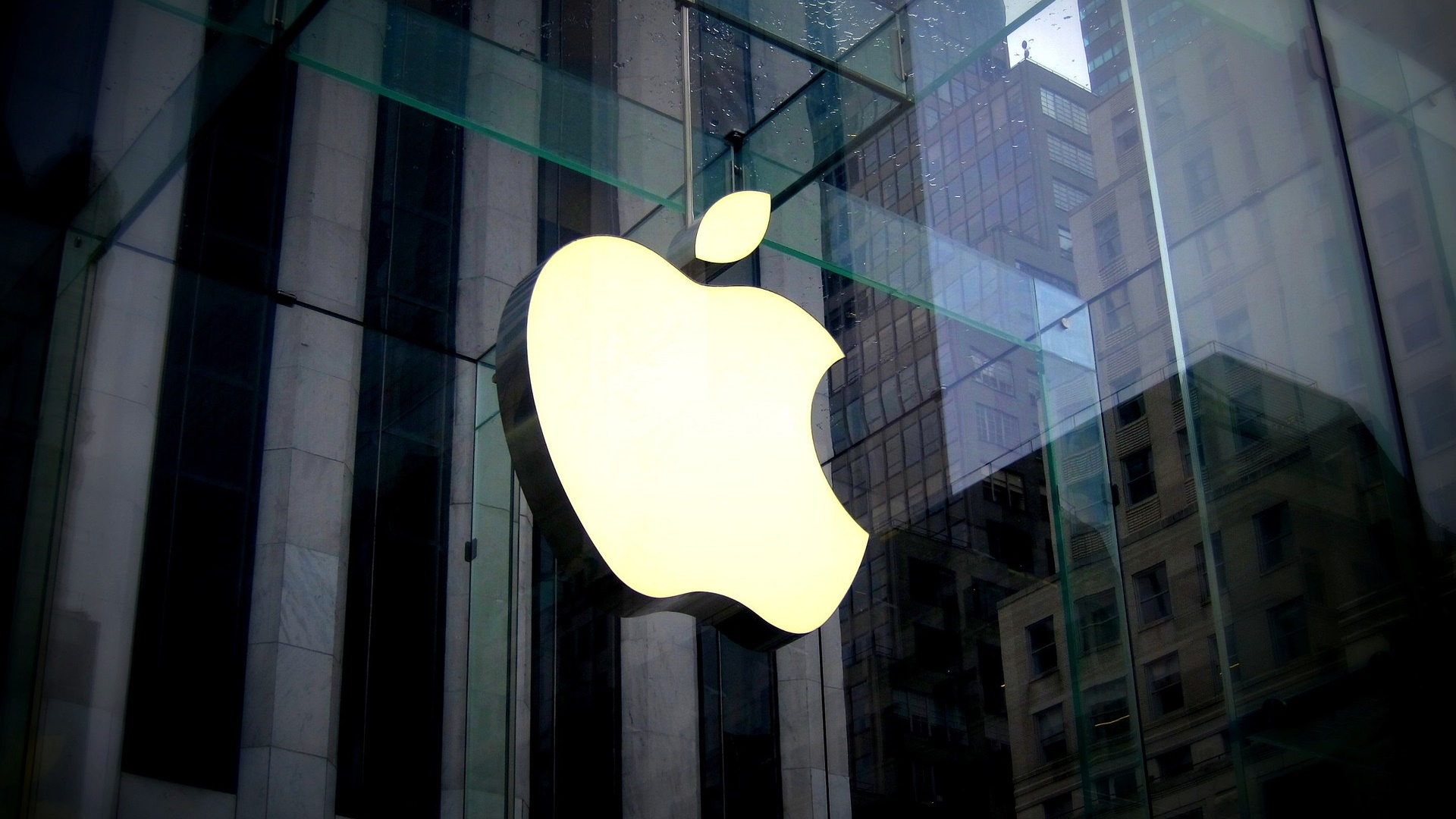- Apple and its restrictions on cloud gaming applications have caught the attention of the UK’s Competition and Markets Authority.
- In addition, the body says that it will investigate Apple and Google’s dominance in the mobile browser market.
- The CMA recently ordered Meta to sell Giphy following a conclusion that the acquisition limited competition in the market.
The Competition and Markets Authority (CMA) in the UK has had its sights on tech companies of late and now both Apple and Google are the subject of an investigation into mobile browser dominance and cloud gaming.
The cloud gaming issue is specifically related to Apple and the restrictions it places on cloud gaming apps. The Cupertino firm requires that every game on a cloud gaming app be reviewed by its team. This makes these sorts of things untenable as on the platform, despite all games on cloud gaming platforms being rated by regulators, this seemingly isn’t good enough for Apple.
And this stance has now drawn the attention of the CMA following complaints from browser vendors, web developers and cloud gaming services that Apple’s policies are hurting their business.
“Web developers have complained that Apple’s restrictions, combined with suggested underinvestment in its browser technology, lead to added costs and frustration as they have to deal with bugs and glitches when building web pages, and have no choice but to create bespoke mobile apps when a website might be sufficient,” the CMA wrote in a statement published on Tuesday.
Microsoft has famously found a way around Apple’s restrictions by directing those users to the browser version of its cloud gaming service. This is, however, as the authority points out above, fraught with its own issues.
But Apple isn’t under the spotlight alone.
The CMA has also said it will be investigating both Apple and Google as regards the pair’s dominance in the mobile browser market.
The authority highlights that 97 percent of all mobile browsing in the UK happened through an Apple or Google powered browser and that any restrictions enforced by these companies could have a major impact on user experience.
“Many UK businesses and web developers tell us they feel that they are being held back by restrictions set by Apple and Google. When the new Digital Markets regime is in place, it’s likely to address these sorts of issues. In the meantime, we are using our existing powers to tackle problems where we can. We plan to investigate whether the concerns we have heard are justified and, if so, identify steps to improve competition and innovation in these sectors,” interim chief executive of the CMA, Sarah Cardell said in a statement.
This dominance is not just true for the UK, it’s global.
Data from StatCounter for October 2021 to October 2022 reveals that Google Chrome holds 65 percent of the global mobile browser market share while Apple’s Safari holds 25.11 percent. The next closest is Samsung Internet with 4.63 percent of the market share.
This extends further to mobile operating systems with Google holding the lion’s share of the market with 70.96 percent and Apple at 28.43 percent. This is alarming because as we saw with Huawei, one decision can effectively kill off a brand. Before Google cut Huawei off from its mobile services, it was the best selling smartphone brand in the world and today, it’s a memory.
This investigation by the CMA then could have important consequences not within the UK but beyond it as well. Just last month the CMA ordered Meta to sell Giphy after an investigation found that it hampered competition. Meta has agreed to work with the CMA to divest this purchase.
This investigation into Google and Apple isn’t going to conclude over night though. The authority says that these investigations generally conclude within 18 months from the date they are launched.
The same body is also investigating Microsoft’s acquisition of Activision Blizzard and it has noted that the acquisition could lead to Microsoft’s dominance in the market.
[Image – CC 0 Pixabay]

